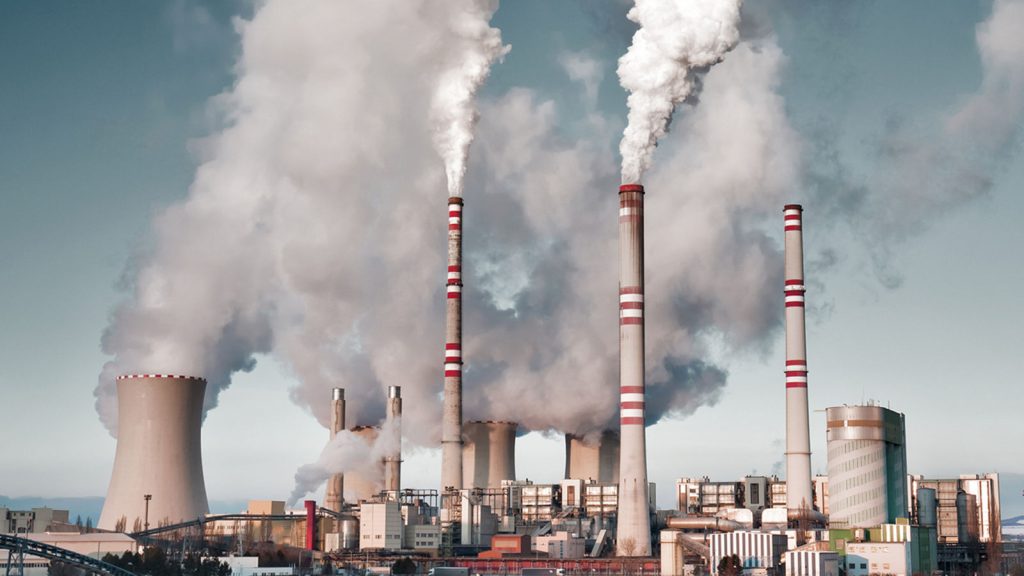Who owns carbon and the legitimacy of making it a tradable item? How does one measure to justify the amount of Carbon (CO2) for trading? Is it sustainable and stable in price? These are some of the first pop-up questions about the Carbon (CO2) trade. The nature of trade itself has two faces.
One is voluntary, and the other is compliance markets, both having pros and cons. The good news is that these markets allow financial flow from different parties either seeking to compensate for the emissions caused by the undertaking or receiving the payment as compensation for emissions saved.
Industrialised countries have pledged 100 billion annually to reduce climate change’s impacts in the least Developed and emerging countries (LDCs). Carbon trade is one area targeted for combating climate change’s effects. A big chunk of financial resources has already been directed to this approach.
Considering the priorities of the Least Developed Countries (LDCs), the Developed Countries (DCs) invest in green projects ranging from agriculture, forestry, mobility, energy development and many other sectors. Some industrialised economies have already walked their talks by contributing their pledged shares and exceeding their promised amount. This solidarity contribution commitment has opened a window to business transactions between the global North and South.
To continue this sustainable business venture, there should equally be transactions, and both parties need to get prepared for their involvement. This is now a critical area of concern as it reflects on how either of the parties responds towards this emissions trade. The preparedness of both sides determines fairness. Short of that may cause systemic failure.
Tanzania falls under the developing countries (LDCs), where the developed countries are eligible to create carbon offsetting projects. Regarding credits, these offsets are the interface for exchangeable commodities of the two sides. Initial engagement with proper coordination is the most elucidating means for long-term operation and accruing long-term benefits.
Also read Carbon Trading Symphony: Tanzania and UAE Dance Towards Green Prosperity.
The Essential Need for Financial Literacy
In any business, financial handling is as important as the business itself. Having said so, the flow of financial resources requires the regulation’s adherence, which the country will handle correctly. The available supportive infrastructure, coupled with human resources, technology, and land, is somewhat adequate. Yet, how Tanzania as a country is ready for the trade is a question requiring a wide range of views. Any error in one aspect may be a hindrance far and beyond one sector. Indeed, this is a cross-cutting issue by itself. The anticipated results require much of the interaction of the sectors to accomplish maximum positive results.
Tanzania has spearheaded the process since the inauguration of the initiative. It has sent a positive gesture towards achieving the many goals. The recently launched regulation on Carbon (CO2) trade is highly commendable. It is the result of many sectors that invested much effort and willingness towards achieving these milestones worth applause.
Regarding population (human resources), Tanzania’s population is undoubtedly vibrant and will likely be the powerhouse of East Africa’s sustainable economic development, including emission trade initiatives. A question to be pondered is the requirements and availability of the essential qualifications to engage in this business.
Does this business attract the entire population holistically? Is the population itself prepared for such business? Are there convenient and friendly conditions other than stipulated regulations enacted? Is there a chance besides the early adopter taking the lion’s shares? These are yet to be answered, in my opinion.
Tanzania’s Challenge in the Rush for Global Software Development
In Developed countries where this trade is becoming a rush for gold, preparedness is much more significant and higher general awareness. Such conditions favour the development of many projects and are at the forefront seats. In other words, they will likely play double roles in this business. Is the mechanism in place to cater for all the situations? Maybe time will allow us to learn all these. The match proceeded thanks to the recent regulations for Tanzania, which has already set the game’s rules.
Technologically, particularly in software development, the Global North has already attained an incredible pace, such as Artificial Intelligence (AI). This is becoming the engine for businesses and is the talk of the modern world. There are various mushrooming incubation and boot camps, including new courses offered by training institutions to equip the business environment. These are far from being maximised in Tanzania, and its dynamics are complex to affirm the anticipated trajectory.
There is an equivocal condition which may create imbalance. Although Tanzania is at the forefront of this trade, exceptional attention to technology preparedness is critical. The synergy between technology and the environment sectors is essentially needed as a basis for sustainable development. This will enable real-time updates on both sides to catch up with the global standards in this business.
Although there have been price fluctuations at global levels, the future of this trade is still promising. In February 2023, for example, 1 tonne of Carbon (CO2) was at 100€; as of November of this same year, it has dropped to 80€/ tonne. This is still a very reasonable threshold worth steering further the emissions trade. Therefore, notwithstanding all these, Tanzania must keep going and balance intersectoral preparedness and connectivity.
Without overemphasising, the Carbon (CO2) trade is a big deal and a sustainable solution worth pursuing in developing countries such as Tanzania. Most efforts should focus on holistic preparedness to grab the Carbon (CO2) trade opportunities. This should be considered a business touching all people and working together to achieve these benefits at local and international agendas. Since the government has already shown its acceptance and supportive environment, including the regulations in place, the lower-hanging fruits can now be picked effortlessly.
You may also read Carbon Trading: Tanzania’s New Avenue for Economic Growth and Environmental Protection.

